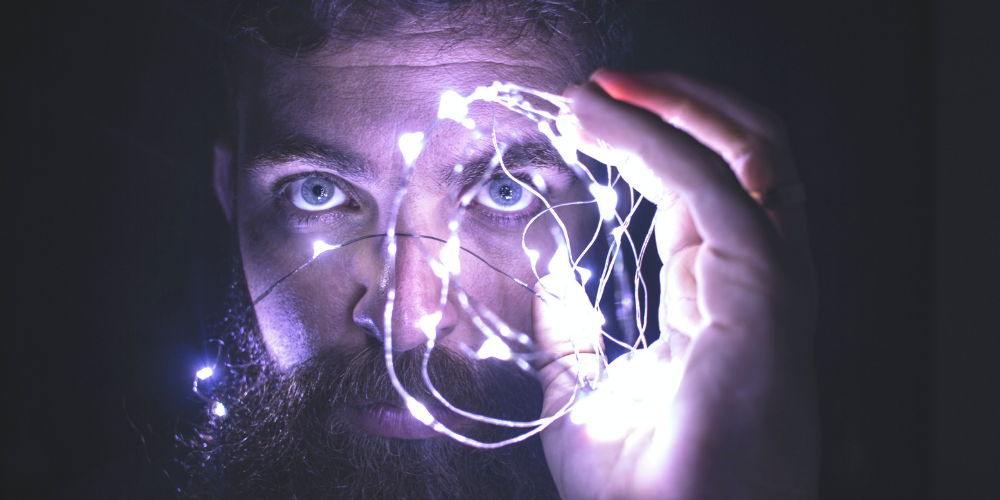Brain Blast | Force Restarting Brain Cells
The latest news on the brain and beyond.
As a community, we know so much and yet so little about the human brain. Neuroscientists across the world are coming together to unravel the mysteries that play out in this incredibly complex structure. The more experts understand the human brain and its mechanisms, the better they can treat the myriad disorders that affect and are affected by it.
This month, we feature groundbreaking neuroscientific research that has the potential to change the way doctors approach traumatic brain injury, schizophrenia, and more.
Divide to conquer: Subtyping schizophrenia
A Penn study suggests that there are two distinct subtypes of schizophrenia. Individuals with the first type have lower volumes of gray matter than test subjects without schizophrenia. Those with the second have volumes of gray brain matter similar to those of test subjects. Doctors may be able to use this distinction to create more specialized treatment plans for people with schizophrenia.
Story via Penn Medicine
On target: Redirecting the focus of addiction treatments
The results of a study at UC San Diego offer both sobering insight and hope in the battle against opioid addiction. Researchers found that oxycodone dependence permanently changed rat subjects’ nociceptin systems, networks in the amygdala responsible for pain transmission. However, when scientists restored normal function in this area of the rats’ brains, their opioid consumption declined.
Story via UC San Diego
Force restart: Transforming how cells react to TBI
Brain degeneration caused by traumatic brain injury (TBI) may be mitigable, even well after the injury. Following a TBI, the brain's immune cells become inflamed; long-term inflammation can lead to cognitive decline. When scientists inhibited the immune cells in mice who had suffered a TBI a month prior, they triggered a “forced reset”. As a result, the immune cells became less inflamed.
Story via Trinity College Dublin
Hub and spoke: Changing our view of learning disabilities
Neuroscientists at the University of Cambridge assert that there are no specific brain regions responsible for learning challenges in children. Instead, they found that learning difficulties were the result of poor connectivity between the ‘hubs’ of the different parts of the brain. This may explain the ineffectiveness of many medications for children with learning-specific cognitive challenges.
Story via University of Cambridge
I feel you: Tracing the roots of empathy
Is empathy a cognitive top-down or an emotional bottom-up system? According to research from UCLA, it’s both, requiring connectivity between multiple parts of the brain. This new understanding of empathy, and the ability to predict it through brain scans, may assist the development of medications to help individuals with neurological or psychiatric conditions feel empathy.
Story via Daily Bruin







